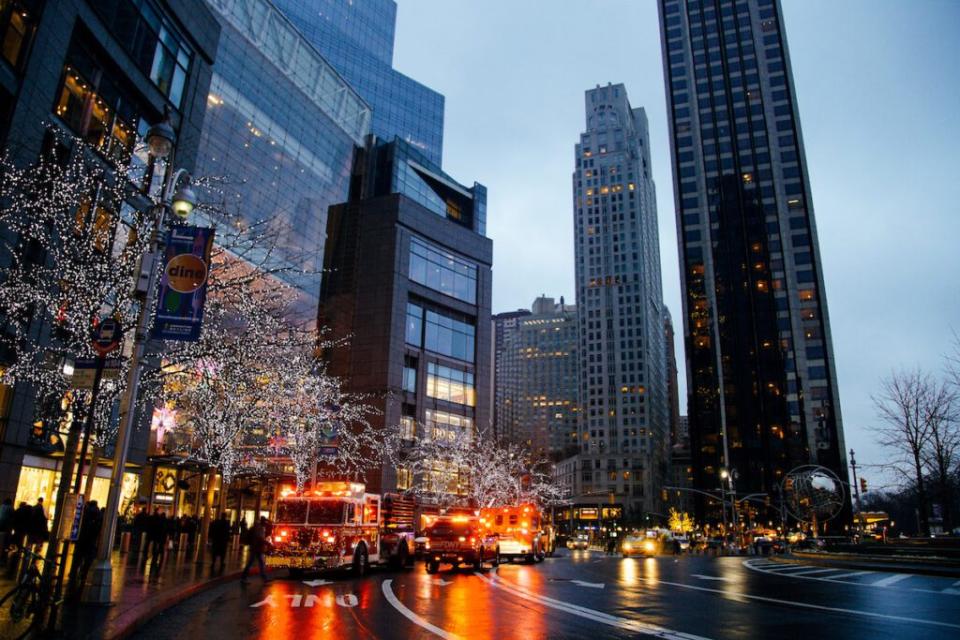NYC Has Approved Just 2,242 Short-Term Rental Host Registrations

Roughly nine months since New York City cracked down on short-term rentals by requiring hosts to register, the Office of Special Enforcement has approved just 2,242 applications.
That figure shows how few short-term rentals there are in the five boroughs since the city imposed Local Law 18 last September. In addition to the registration requirement, hosts must be present during the stay, which must be fewer than 30 days, and a maximum of two guests are allowed. Bedroom doors can’t have locks.
In January 2023, there were about 40,000 listings in the city, according to Bloomberg, most of them on Airbnb. There are undoubtably are more than 2,242 listing nows because registered hosts can have multiple listings. But the decline in short-term rentals in NYC is clear.
As of June 10, the latest figures available, the OSE has caught up on a backlog of pending applications. The OSE received 6,328 applications, and it made a determination on 99.5% of them: It either granted, rejected, or returned the application to the applicant.
Here’s the breakdown:
Granted: 2,242 host applications. That’s 35.4% of applications submitted.
Denied: 1,595 applications. That’s 25.2% of all applications submitted.
Returned: 2,460 applications. That’s 38.9% of all applications submitted. An application could be returned for various reasons, including incomplete information or to make corrections. Some 30 of those 2,460 have been returned to the OSE and were under review.
Christian Klossner, executive director of the Office of Special Enforcement (OSE), detailed the benefits of the policy to Skift in a statement.
“The Short-Term Rental Registration program has been pivotal in protecting the city’s housing stock from illicit activity and keeping New Yorkers safe,” Klossner said. “The implementation of the registration law led to a massive reduction in illegal short-term rental listings.”
He said Local Law 18 “has effectively prevented the misuse of thousands of permanent housing units for illegal short-term rentals.”
While the city sees the implementation of the host registration law as a victory for New York City neighborhoods and the curbing of illegal short-term rental activity, Airbnb and some hosts don’t see it that way.
At the Skift Short-Term Rental Summit in Manhattan earlier this month, Airbnb’s Jay Carney, who heads up the company’s policy unit, argued that hotel prices are soaring, and there’s been no benefit in terms of rents or affordable housing.
A former New York City host spoke at the summit about how homeowners in the outer boroughs are losing their homes because they can only legally have guests for stays of 30 days or longer.
A chunk of the city’s hotel inventory has been allotted to house migrants, which has contributed to the rising hotel prices.
Get breaking travel news and exclusive hotel, airline, and tourism research and insights at Skift.com.

 Yahoo Finance
Yahoo Finance 